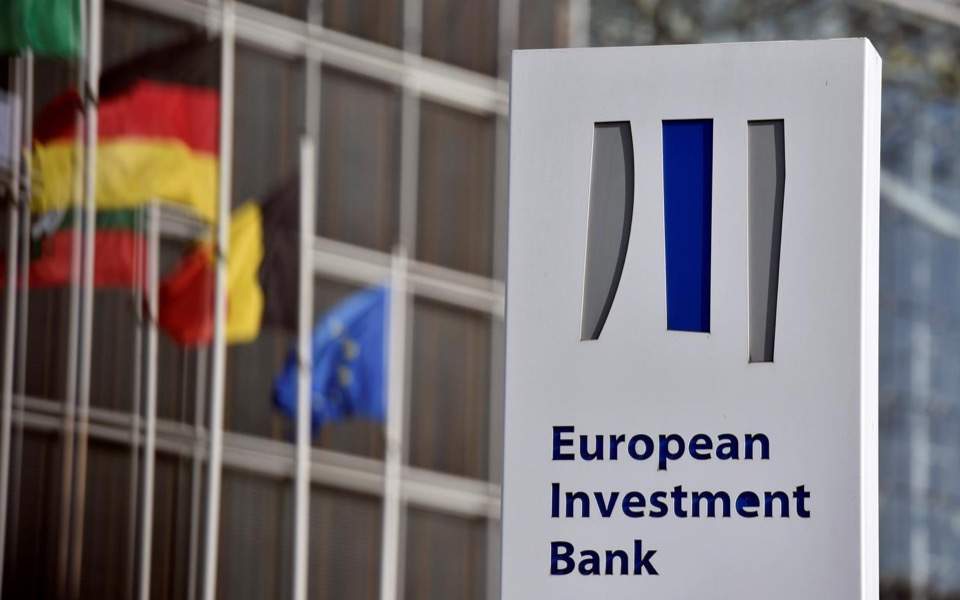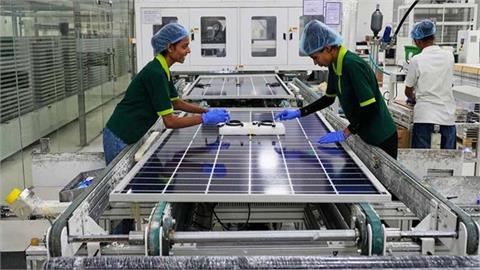The unquestioned belief,not to say dogma, by some people that global environmental catastrophe is imminent ,through the foreseen rise of atmospheric temperatures and sea levels as stipulated by Climate Change theory,is leading to completely irrational decisions.
By Costis Stambolis**
The unquestioned belief,not to say dogma, by some people that global environmental catastrophe is imminent ,through the foreseen rise of atmospheric temperatures and sea levels as stipulated by Climate Change theory,is leading to completely irrational decisions. Such a mind boggling decision was that taken on November 14 by the governing board of the European Investment Bank (EIB) according to which the Bank has decided to suspend all funding related to coal,oil and natural gas projects by the end of 2021. As EIB is the foremost EU lender and a trend setter at that it is expected that the Bank's example will soon be followed by EBRD but also by major commercial banks. (https://www.eib.org/en/press/all/2019-313-eu-bank-launches-ambitious-new-climate-strategy-and-energy-lending-policy)
And although EIB's decision concerning the provision of funding for the construction of new coal fired plants is to a large extent understandable and is in line with stated EU policy towards decarbonization and carbon neutrality by 2050, it is less so when it comes to new petroleum projects and completely inexplicable in the case of natural gas. As we have now entered an energy transition phase whereby over the next 20 to 30 years we shall witness the gradual phasing out of fossil fuels natural gas, by tacit agreement between industry and the European Commission , is widely accepted as the fuel of choice which shall see us through to a cleaner environment. So as industry and power generators are abandoning coal, which because of the steep rise of emissions are also becoming completely uneconomic to operate, they are already switching to natural gas and renewables. By common consent natural gas has a pivotal role to play in the decarbonization process since it offers the most immediate solution for a steep reduction of emissions as it is generally accepted that gas plants emit 50% less of CO2. Hence, as coal plants are being closed natural gas fired power plants take their place together with renewables, for the operation of which gas plants offer much needed base load.
It is important to explain that without the ample provision of electricity base load solar photovoltaic plants or wind farms cannot operate because of the intermittent nature of renewable electricity. Base load can of course be safely provided by nuclear plants and by certain other forms of renewables such as biomass and geothermal energy which are not widely promoted by energy strategists. However, in the case of Europe the ambivalent approach by the EC towards greatly expanding nuclear power during the Energy Transition period leaves little ground for manuvre when it comes to base load provision. Immediately this can only be provided by natural gas powered electricity plants and this is why EIB's decision is not only irrational but it clearly contradicts stated EC energy policy.
What EIB's decision means in practical terms can be devastating for European gas industry which as early as next year it should start seeking alternative financing not only for new projects but also for expanding and maintaining existing infrastructure facilities. Although EIB sources have made clear that presently approved PCI gas projects will not be affected these only cover a fraction of new infrastructure that will be needed over the coming years. So no more funding from EIB or EBRD or from major commercial banks for new underground gas storage facilities, for new LNG land based or FSRU plants,for domestic or industrial grid expansion and certainly no funding for major gas transmission pipelines.
Of course one must see EIB's decision in the wider context as this is dictated by the new European Commission presidium which appears bent on transforming here and now Europe's energy landscape aiming towards fast decarbonization at any cost. However, Ursula von der Leyens Commission has no real answers when it comes to addressing all the practical problems which arise from a fast and complete decarbonization, which means pushing out not only coal but also natural gas. The vague promises and visionary plans for large scale battery storage and provision of hydrogen as the fuel to substitute gas by 2030, although attractive at political level do not offer actual solutions in the medium term. The sidelining of gas and the bankrupting of oil and gas companies is not a serious strategy option and sooner or later the EC will be forced to revise its surreal plans.
**Chairman and Executive Director of the Institute of Energy for SE Europe ( IENE)




